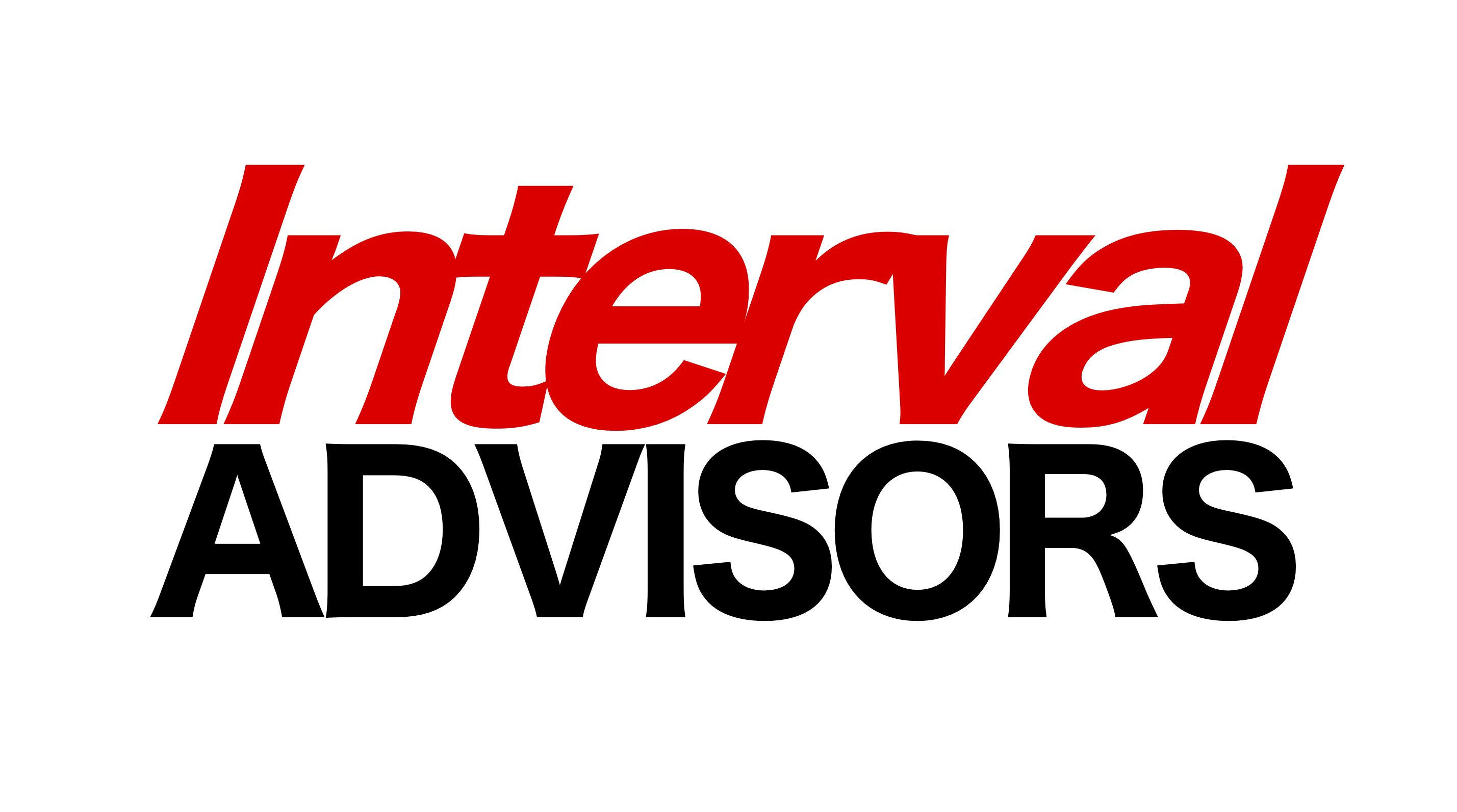
Your insights inform each decision you make. Better insights lead to better decisions that create better strategies.
But not all insights are valuable.
How can you find better insights that unlock growth? How can you do this systematically to unlock value creation?
The problems with insights are primitive, unconscious, and universal
Humans engage in mimicry and imitation. These are primitive behaviors. They help us survive.
If you see a panicked group of people running away, you’ll feel a strong urge to join them. You may even start running too, with no idea what you’re running from.
Your brain unconsciously assumes the others know something you don’t. And that a saber-toothed tiger will eat you unless you follow them.
If not, no big deal. Just a short run with new friends. Which is marginally better than being eaten alive.
Imitation is an asset and a liability to your business
A bias toward imitation can be a useful hack that helps your business.
Finance, legal, quality, regulatory, and human resources functions all have policies that are standardized around best practices. They imitate what successful companies have done.
Operations, commercial, technology, and R&D functions also imitate the standards, certifications, and methodologies of successful companies. It’s much easier than inventing these things themselves.
Product and marketing are a bit different
Your product and marketing functions imitate functional best practices just like the others do.
Product categories emerge when competitors imitate each other. Points of parity in your positioning explain how you deliver features the market expects from the category. And imitation among customers accelerates category growth.
But marketing and product might also be your functions that do the most differentiation.
If they didn’t, you probably wouldn’t have a business. No customer would have a reason to choose you over a competitor, other than price.
Your existential need for differentiation conflicts with an overwhelming bias toward imitation. And this conflict helps explain why making better strategy decisions is so hard.
Differentiation is really hard
Differentiation requires unique insight. Not the easy kind that survival has wired you to pick up unconsciously from your surroundings. It requires seeing what’s missing, not just what’s present.
It also requires systematic insight about a market. Not just what you imagine in your own mind. Or what you hear from inside your organization. Or even from your best customers. But from potential customers who you don’t know yet.
And simply listening to the market isn’t enough. Primary and secondary research, good experimental design, and thoughtful analysis are all necessary but insufficient.
Because humans filter all input through unconscious cognitive biases that distort our perceptions. Self-awareness and good governance help you check your biases and challenge your perceptions.
Otherwise, your insights won’t match the reality of the market. And you won’t perceive there’s a problem until it’s too late to avoid painful consequences.
Spoiler alert: Less-mature competitors will imitate you
When you manage to listen to the market, check your biases, and create valuable differentiation, your less-mature competitors will copy it.
They’ll compete on price. And customers will pay less for the newly undifferentiated parts of your offering.
You have to keep differentiating to maintain any market power. This is part of why strategies don’t survive very long.
The only way to create sustainable, long-term value in a dynamic market? An ongoing commitment to making better strategy decisions. And better insights are the fuel that take you farther, higher, faster.
